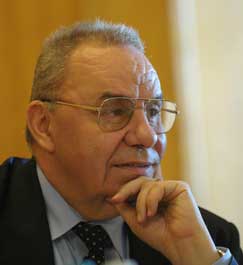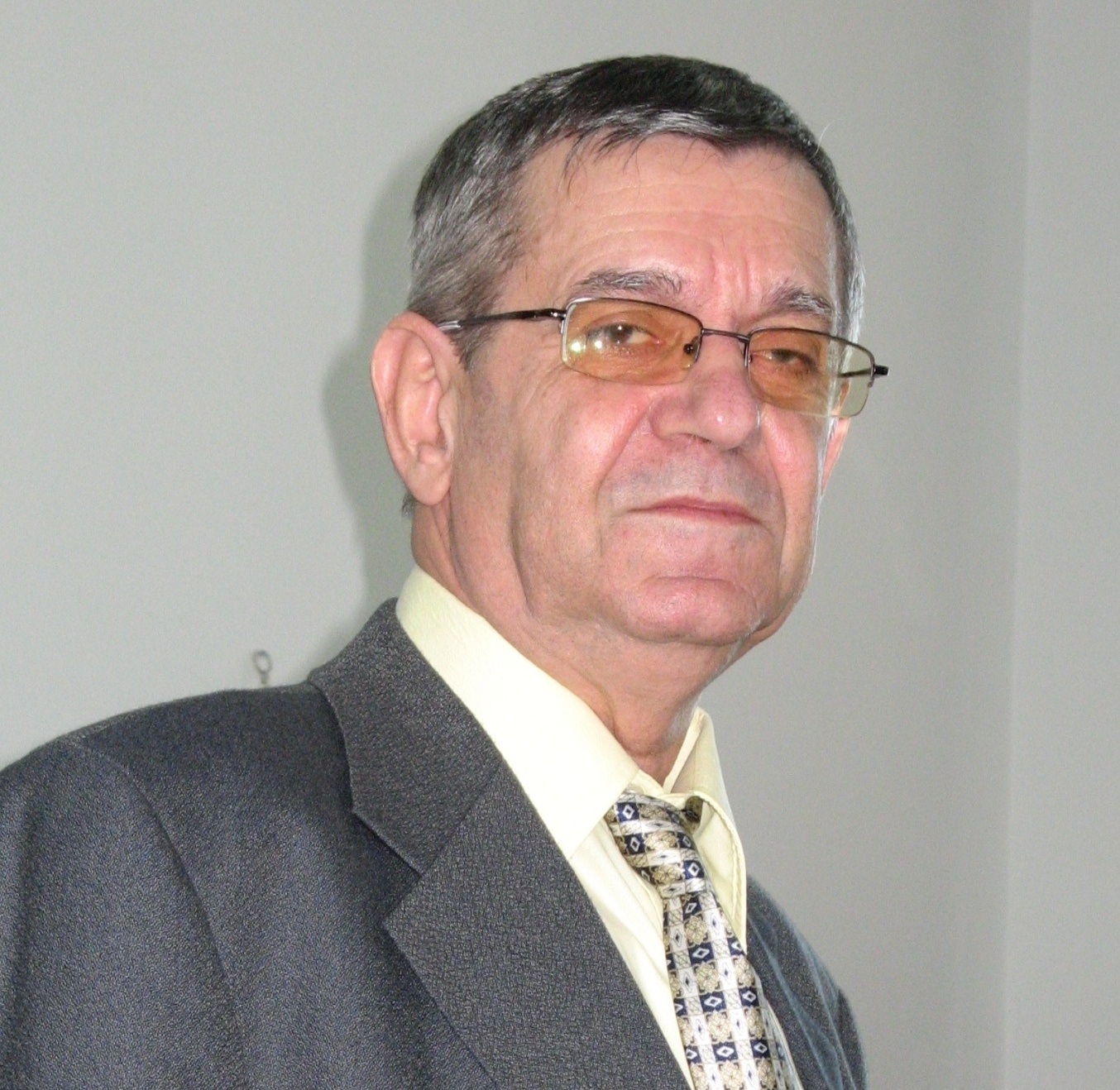The stand-in demonstrations during the spring of 1990, in University Square, in downtown Bucharest were, above all else, the rebirth of the civil society in Romania.
Fifteen years passed since their abrupt end with the repression of 13-15 June 1990.At that time I had recently came back to Romania and witnessed the strange course the events took, when the elected power - apparently in panic - decided to call in the miners as a repression force against democratic forces, opposition parties, independent media outlets and civil society organizations.
At the same time I am convinced that one cannot accept for silence to make the recollection of those instances fade from memory. I will remind here fragments of a previous interview I gave to "22" weekly, and published on 3 August 1990. It was recorded on 16 June, by Raluca Barac, in Bucharest, and conveys my analysis of the events. The whole interview may be found, for further reading, in the book titles "Ash guillotine" that I authored, published by Polirom Publishing House in 2002. As stated in the book of interviews I conducted with Iliescu, I was a tough critic of the events then.
The legal obligation of democratic leaders would have been to call at the rescue of democratically elected institutions the legal repression forces, like the police and the army, and not the miners, led by party leaders and former Securitate members. My stance of 15 years ago stays the same now, as I recently stated in an interview with Ovidiu Simonca for the "Observator Cultural" review.
There comes a time when one should state "the war is over."
But also clear it is we should recognize that a war indeed took place, that left behind were victims and that responsibilities should be taken. That was the way Latin America, Poland or South Africa dealt with their past. In 1990, at the time Czech President Vaclav Havel was talking to a hunger striker in his country, the political power in Bucharest was portraying as evil the people requesting an independent status for the public television. At the time I was wondering myself "how was it possible for the people around Iliescu to not gauge the direction history was moving to. Or maybe they did understand what that direction was, and wanted to stop the evolution in its tracks - that we may never know.
My diagnosis is that these people want to steer Romanian towards corporatism plus populism, with a democratic front which will stifle the civil society. And that was the optimist scenario. The pessimist one was that we will embrace a populist-authoritarian regime.
The latter would be a dangerous pursuit, since historic experiments built on personal charisma came to no good: they might have succeeded in keeping the leader at the helm for a long while but for the peoples they led that was no happy time. So, if one regards Romania as part of Eastern Europe and the developments there, one may preserve a certain amount of optimism."
Further crises and corruption at the top, plus a maturing of the opposition forces led in the end to the democratic change of power in 1996, which brought about its own disillusions.
Translated By Anca Paduraru








